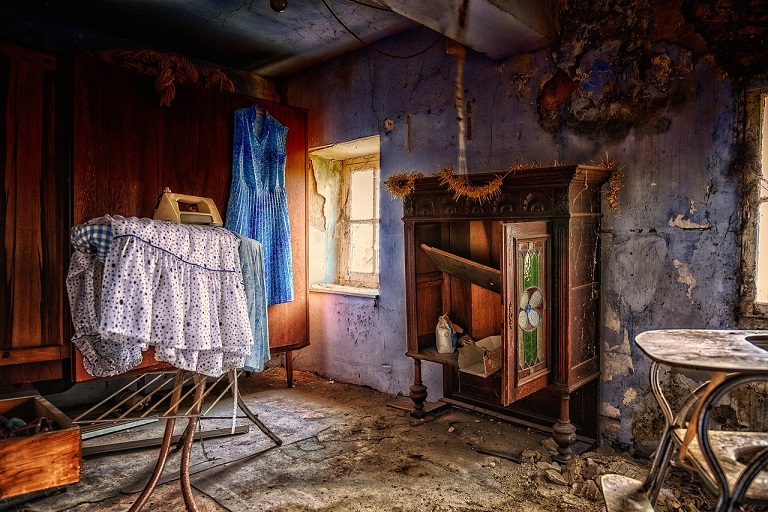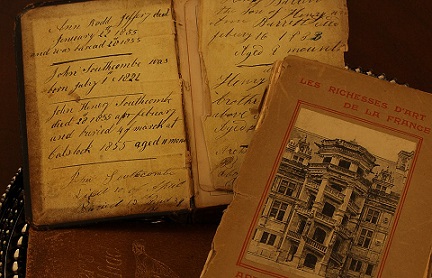Gran told me about my father’s childhood. She recalled how as a child, he took lunch to the workers on the Antioquia Railway.
 Armando Orozco Tovar
Armando Orozco Tovar
Carlos Arango Z was his name and he started working at just six-years-old to help support his family. From Tulúa, in the Cauca Valley to the west of Colombia, shortly after birth he moved through the coffee belt to Génova, the birthplace of Manuel Marulanda Vélez, founder of FARC.
My father, he was always proud of his links to this town where he was baptised. Many years later on returning there as a journalist and writer, they paid him homage. When he looked back, he remembered that he only had shoes until he was nine-years-old. With sadness, he recalled the days as he went to the cafes of Armenia in search of tin foil papers from Pielroja cigarettes.
During adolescence, he learned the art of shoemaking, work that allowed him to get to know the region of Quindío by bicycle. There, he entered the Juventud Comunista (the Young Communists), an organisation that changed his life because it educated and trained him in politics. Afterwards, he travelled to the Soviet Union and other European countries.
Carlos mention ed how difficult it was to understand his studies of the Marx´s Capital until the day he threw it against the wall, mockingly, in order to lose his fear.
ed how difficult it was to understand his studies of the Marx´s Capital until the day he threw it against the wall, mockingly, in order to lose his fear.
On arriving in Bogotá at the beginning of the 1960s, he abandoned his old trade to dedicate himself to politics. Through the character of “Shoemaker from Armenia”, he told stories related to his work. The memories made him cry.
He said he learned to read by reading papers that were thrown in the street. The family received nothing when Carlos died, which in turn made me abandon my studies in order to work somewhere and he spoke to me through my conscience saying, “If I could do anything starting from nothing, why can’t you?”
Carlos, my father, was proud to have written reports and useful chronicles in order to understand the actual history of his country, because its official face was unseen as the media never showed it.
Manuel Cepeda Vargas, father of the actual Senator Iván Cepeda Castro, linked him to office, and he worked for 14 years on the weekly Voz, “The voice of the people”, which he ran.
 Carlos wrote and published, “Chronicles of housing in Colombia” and in the 1980s, he made reports to the General Staff of the FARC when the government conducted a peace process with the revolutionary organisation. Among the first titles published by Carlos Z, the late true journalist, who nobody remembers as is always the case in Colombia, first published articles including “I saw death in Camilo”, “3 decades of unitary battles”, “Grateful to God and Capitan Uno”; “Crucified cassocks and arms” and “With Jacob, warrior and lover”, taking his first literary steps by saying: “Now, I will start to write as I damn well want”. (The Prisma’memoirs)
Carlos wrote and published, “Chronicles of housing in Colombia” and in the 1980s, he made reports to the General Staff of the FARC when the government conducted a peace process with the revolutionary organisation. Among the first titles published by Carlos Z, the late true journalist, who nobody remembers as is always the case in Colombia, first published articles including “I saw death in Camilo”, “3 decades of unitary battles”, “Grateful to God and Capitan Uno”; “Crucified cassocks and arms” and “With Jacob, warrior and lover”, taking his first literary steps by saying: “Now, I will start to write as I damn well want”. (The Prisma’memoirs)
(Translated by Susan Seccombe) – Photos: Pixabay












.jpg)












